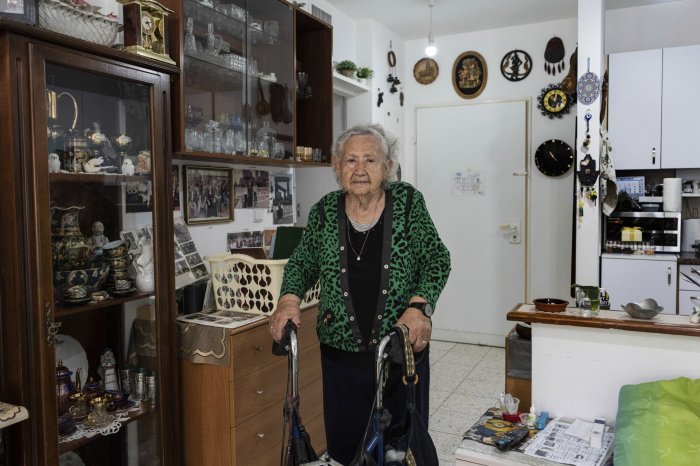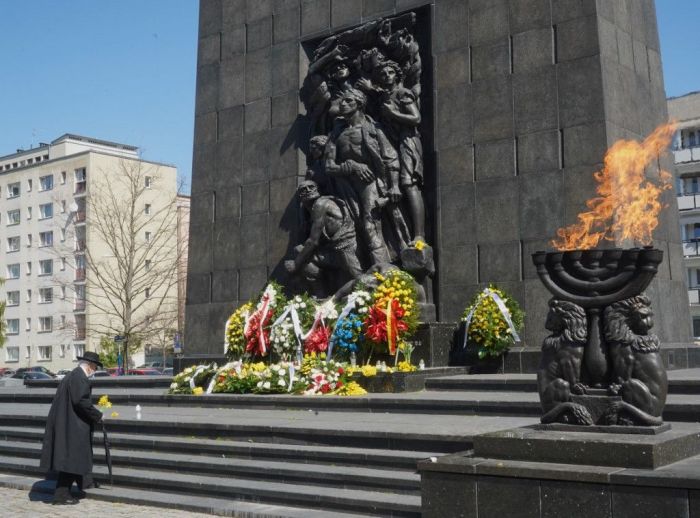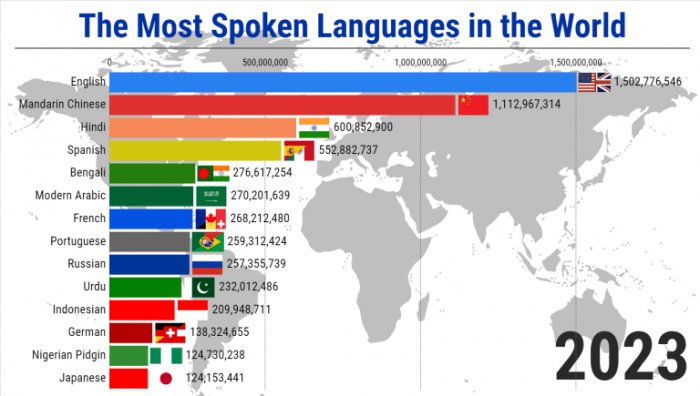A survivor from warsaw used three languages english german and – In the annals of World War II, the tale of a Warsaw survivor who navigated the complexities of language and culture emerges as a poignant and inspiring narrative. This individual’s remarkable journey, marked by the mastery of three languages—English, German, and Polish—illuminates the transformative power of language in shaping survival, communication, and cultural exchange amidst the devastation of war.
Through their multilingualism, this survivor transcended linguistic barriers, bridged cultural divides, and fostered understanding in a world torn apart by conflict. Their story serves as a testament to the resilience of the human spirit and the enduring legacy of those who survived the horrors of war.
Personal History

During the harrowing years of World War II, a remarkable individual emerged from the ruins of Warsaw. Their story, a testament to resilience and survival, is intertwined with the mastery of three distinct languages: English, German, and Polish.
As the war’s relentless grip tightened around Warsaw, the individual witnessed firsthand the horrors of occupation and devastation. Through sheer determination and an unyielding spirit, they navigated the treacherous landscape, enduring unspeakable hardships and unimaginable losses.
Language Proficiency, A survivor from warsaw used three languages english german and
In the face of adversity, the individual’s linguistic skills proved invaluable. Their fluency in English, German, and Polish allowed them to communicate with diverse populations, bridging cultural divides and fostering understanding.
- English served as a lingua franca, facilitating communication with Allied forces and aid organizations.
- German, the language of the occupiers, enabled them to negotiate with officials and gather vital information.
- Polish, their native tongue, provided a sense of identity and connection to their beleaguered homeland.
Questions Often Asked: A Survivor From Warsaw Used Three Languages English German And
What were the challenges faced by the survivor in mastering three languages?
The survivor faced numerous challenges in acquiring and mastering three languages. These included the need to learn new grammatical structures, unfamiliar vocabulary, and distinct cultural nuances associated with each language. Additionally, the survivor had to navigate the psychological and emotional barriers that often accompany language learning, particularly in a context marked by trauma and displacement.
How did the survivor utilize their multilingualism to facilitate cultural exchange?
The survivor’s multilingualism enabled them to serve as a bridge between different cultures, fostering understanding and empathy. They facilitated communication between individuals who spoke different languages, helping to break down barriers and create a sense of community. Through their ability to translate and interpret, they promoted cross-cultural dialogue and encouraged a deeper appreciation of diverse perspectives.
What is the significance of the survivor’s story in understanding the impact of war on individuals?
The survivor’s story provides a powerful lens through which to examine the profound impact of war on individuals. It highlights the resilience and adaptability of the human spirit in the face of adversity. By sharing their experiences, the survivor offers a unique perspective on the psychological, emotional, and social challenges faced by those who have endured the horrors of war.
Their story serves as a reminder of the importance of empathy, compassion, and support for survivors of conflict.

